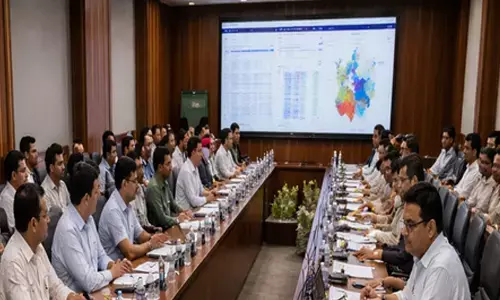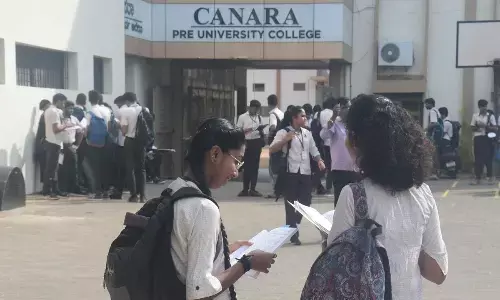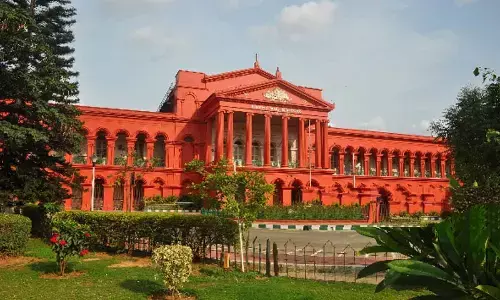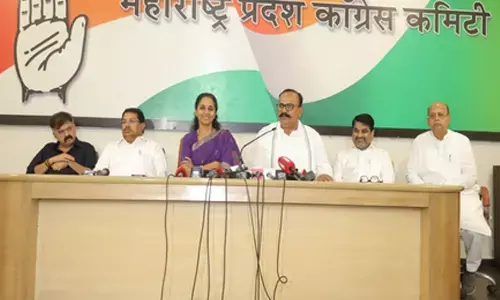Landmark Ruling On Property Rights & Takeovers
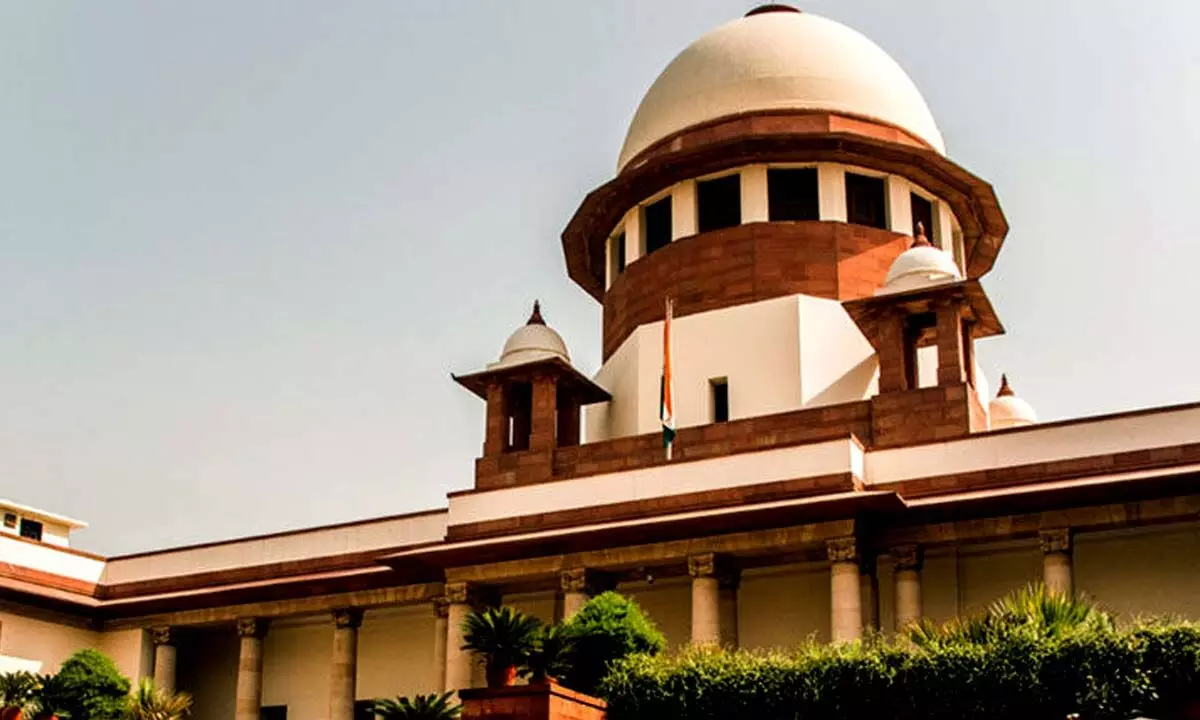
Supreme Court of India
Rapid Industrialization and infrastructure growth cannot be facilitated sans private sector, and the latter is often handicapped in acquiring land from multiple landowners. Owners can form cartels and jack up prices many fold.
Rapid Industrialization and infrastructure growth cannot be facilitated sans private sector, and the latter is often handicapped in acquiring land from multiple landowners. Owners can form cartels and jack up prices many fold. Certain individuals or politicians may also create problems for private parties. Hence, the need for handholding by governments to save time and energies for private companies.
Raising concerns over the land acts allowing the governments’ unilateral acquisition of any land after declaring it as a material resource of community, a batch of parties moved the Apex Court that private properties cannot be simply taken over by the governments on the strength of Articles 39 (b) (that the ownership and control of the material resources of the community are so distributed as best to subserve the common good) and 31 C (the operation of the economic system does not result in the concentration of wealth and means of production to the common detriment of the Constitution). During the hearing, Attorney General R Venkataramani , appearing for the Union of India, submitted that “all things in the material world which are available and made available by human interaction or engagement constitute the material resources of the community”.
Delivering a historic judgement November 5, 2024, a nine judge constitutional bench headed by Chief Justice DY Chandrachud dismissed such a power of acquisition by the State, denouncing it as a “rigid economic dogma” of the past. The bench included Justices Satish Chandra Sharma, Manoj Misra, Sudhanshu Dhulia, Hrishikesh Roy, Justices B V Nagarathna, J B Pardiwala, Rajesh Bindal and Augustine George Masih. The ruling upended decades of Supreme Court jurisprudence on issues under Article 39(b) based on a minority opinion by Justice V R Krishna Iyer in State of Karnataka v Ranganatha Reddy (1977) – that all private property in the definition of ‘community resources.
The CJI noted that Justice Krishna Iyer cited Karl Marx in his judgment to observe that taking over large conglomerations of land is necessary to make Article 39 a “constitutional reality”. He disagreed with the views of Justice Iyer, saying he “cast the net wide, holding that all resources which meet material needs are covered by the phrase, and any attempts by the government to nationalize these resources would be within the scope of Article 39(b)”.
The latest judgement holds that while takeover of private property for public benefit is essential, it must be balanced against individual property rights. Each acquisition will depend on factors like the resource’s nature, its scarcity, its impact on community welfare, and whether it serves public interests better in private or public hands. As such, only those privately owned resources that meet specific criteria can be included under Article 39(b). Factors that must weigh in include: Impact of resource on the well-being of community, scarcity of the resource, and the consequences of such a resource in the hands of private players.
The ruling also further strengthened the ‘public trust doctrine, as per which all people have access to certain resources, such as air, water and forests that are held in public trust by the State. Last year, the enactment of the Tamil Nadu Land Consolidation (for Special Projects) Act, 2023 raised public concern as it said even water bodies can be acquired for special projects. This amounts to disregarding hydrological pathways, inlets and outlets, so crucial for the ecological balance of water bodies.
The Tuesday judgment by the apex court sets limits for governments – Central and State – in declaring private parties as material resources of community. To this extent, it serves as a check on creeping expansion of ‘eminent domain’ i.e., a legal principle that grants governments the authority to acquire private property. acquire private property





